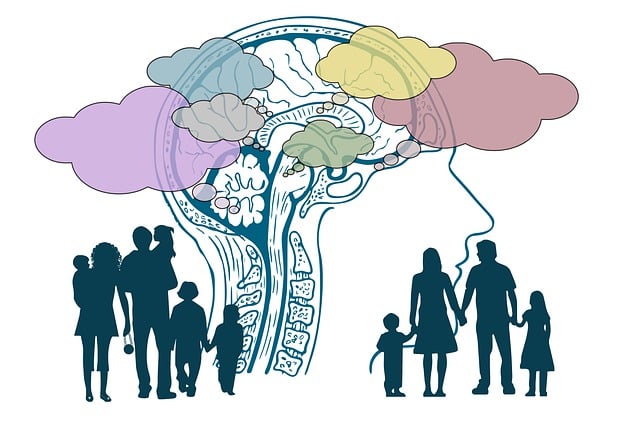Estate planning is often ignored but essential for everyone, not just the wealthy. The most common errors include failing to specify asset distribution and having outdated wills, leading to family disputes and legal issues. To avoid these Inheritance Planning Mistakes, create a clear will with detailed beneficiary designations, and update it regularly after significant life changes or every few years. Proactive planning ensures your wishes are respected and prevents unnecessary stress for loved ones.
“Estate planning is a crucial yet often overlooked aspect of financial responsibility. While many focus on building wealth, few prioritize its prudent distribution. This article sheds light on 10 costly mistakes commonly made in inheritance planning, offering valuable insights to help you navigate this complex landscape.
From neglecting regular will updates to omitting tax considerations and beneficiary designations, these errors can have significant legal and financial repercussions. Learn how to avoid pitfalls like inadequate trust setup, probate issues, and lack of guardian designation for minor children. We’ll guide you through the essential steps to ensure a smooth transition of assets, providing practical tips on staying informed, consulting professionals, and adapting plans to major life events.”
- # 10 Costly Inheritance Planning Mistakes
- Failing to Update Your Will Regularly: Outdated wills can lead to unintended consequences and may not reflect your current wishes, causing potential family disputes.
# 10 Costly Inheritance Planning Mistakes

Many people believe that estate planning is solely for the wealthy, but it’s a crucial aspect of financial responsibility for everyone. One common misstep individuals make when it comes to their inheritance is not considering how their assets will be distributed post-death. This often leads to confusion and disputes among family members, potentially causing significant legal fees and emotional stress. By taking the time to plan ahead, you can ensure your wishes are respected and your loved ones aren’t burdened with unexpected complexities.
To avoid these Inheritance Planning Mistakes, it’s essential to seek professional advice and create a clear, detailed will. This should include beneficiary designations for retirement accounts, life insurance policies, and other financial holdings. Regularly reviewing and updating your estate plan is also vital as life circumstances change. Remember, how you choose to distribute your assets can have a significant impact on those left behind, so it’s wise to be proactive and prevent potential pitfalls in inheritance planning.
Failing to Update Your Will Regularly: Outdated wills can lead to unintended consequences and may not reflect your current wishes, causing potential family disputes.

Outdated wills are one of the most common inheritance planning mistakes. As life progresses, our circumstances change, and what we wanted in our younger years may no longer align with our current wishes. A will that hasn’t been updated in years might leave assets or beneficiaries untended to, leading to unintended consequences. For instance, a new spouse or children born after the last update could be overlooked, causing potential family disputes when the will is executed.
To avoid this inheritance planning mistake, it’s crucial to review and update your will regularly—ideally every few years or after significant life events like marriage, divorce, birth of a child, or the purchase of a new asset. This ensures that your estate plan reflects your current desires, providing clarity for your loved ones during an already emotional time.
When it comes to inheritance planning, avoiding common mistakes is key to ensuring your wishes are respected and your family is protected. By regularly updating your will, consulting with a professional, and staying informed about legal changes, you can navigate estate planning with confidence. Remember, proactive planning can prevent costly mistakes and foster peace of mind for you and your loved ones.







